The CMS held our annual showcase event in Hobart/Nipaluna on 28th October 2024, with over 160 people in attendance from over 40 organisations, ranging from our members and students, to government representatives, industry representatives, researchers, and traditional owners and custodians.
The CMS Showcase 2024 event was structured around a series of panels with researchers, government, industry representatives and traditional owners (i.e. allowing participants to shape discussion and agendas), short presentation sessions from our interdisciplinary researchers (i.e. brief overview of the current/future CMS work and research), as well as interactive workshopping focused on identifying risks, opportunities and critical marine issues for the years ahead. The day created opportunities for open dialogue and Q & A throughout the day, generating fruitful discussions and allow for important networking and collaborative relationships.
Please view the CMS Showcase 2024 Report
Please view the CMS Showcase 2024 Agenda
We would like to thank all who attended, presented, and supported this event, and we can't wait to host our Showcase event again next year!
You can also view the agenda and report from last year here: CMS Showcase 2023: Connections and collaborations to ensure a thriving future ocean
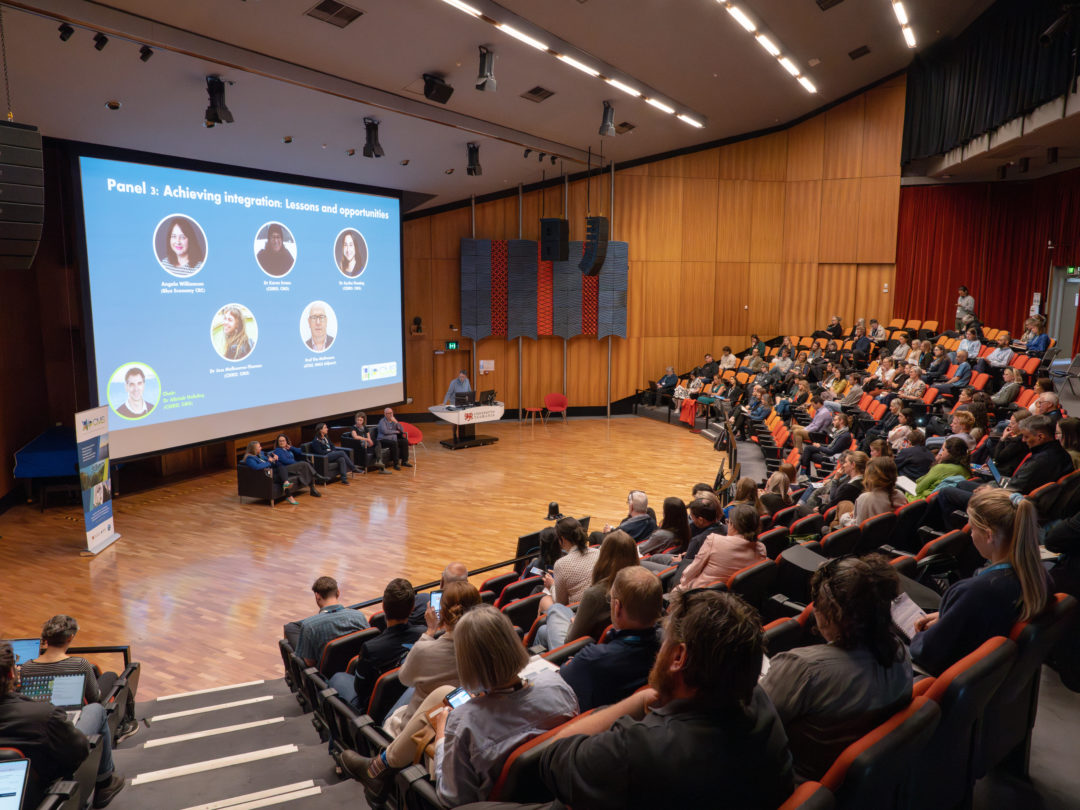
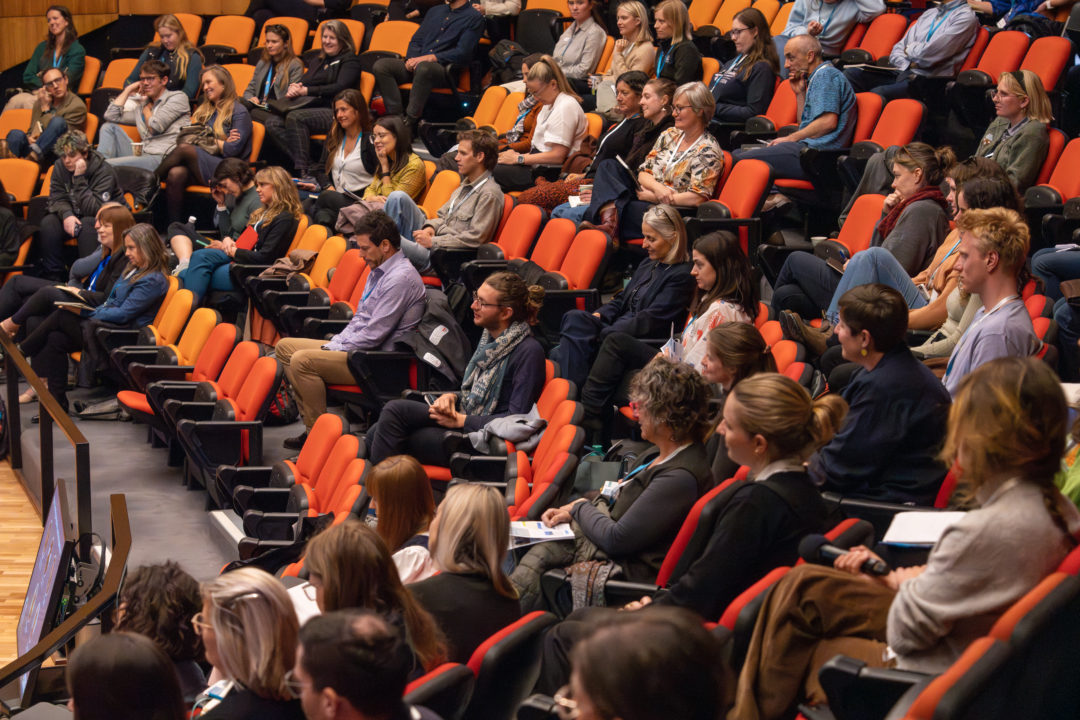
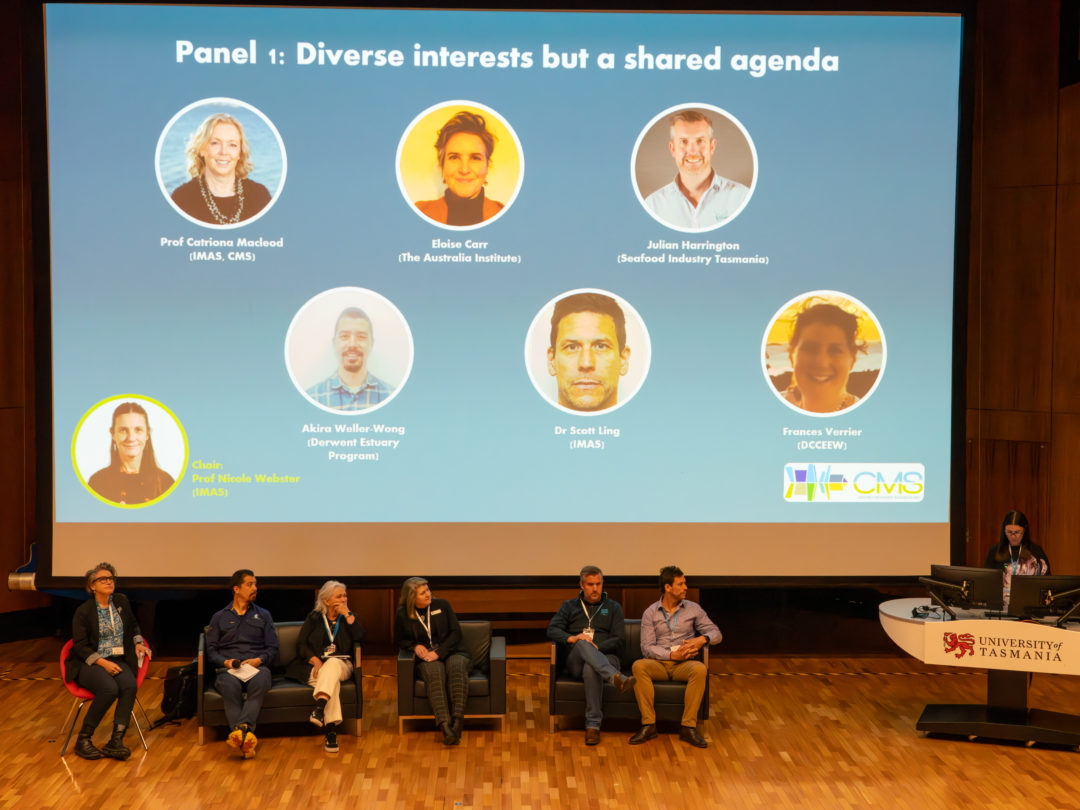
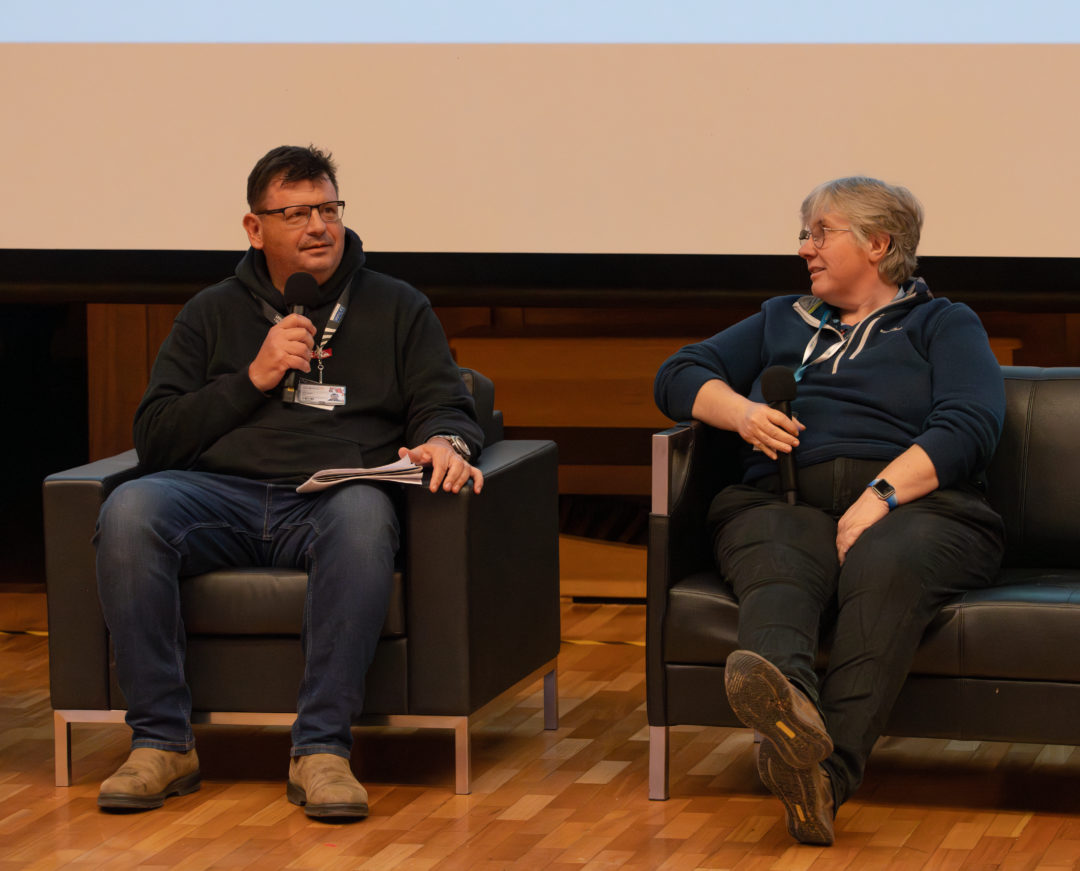
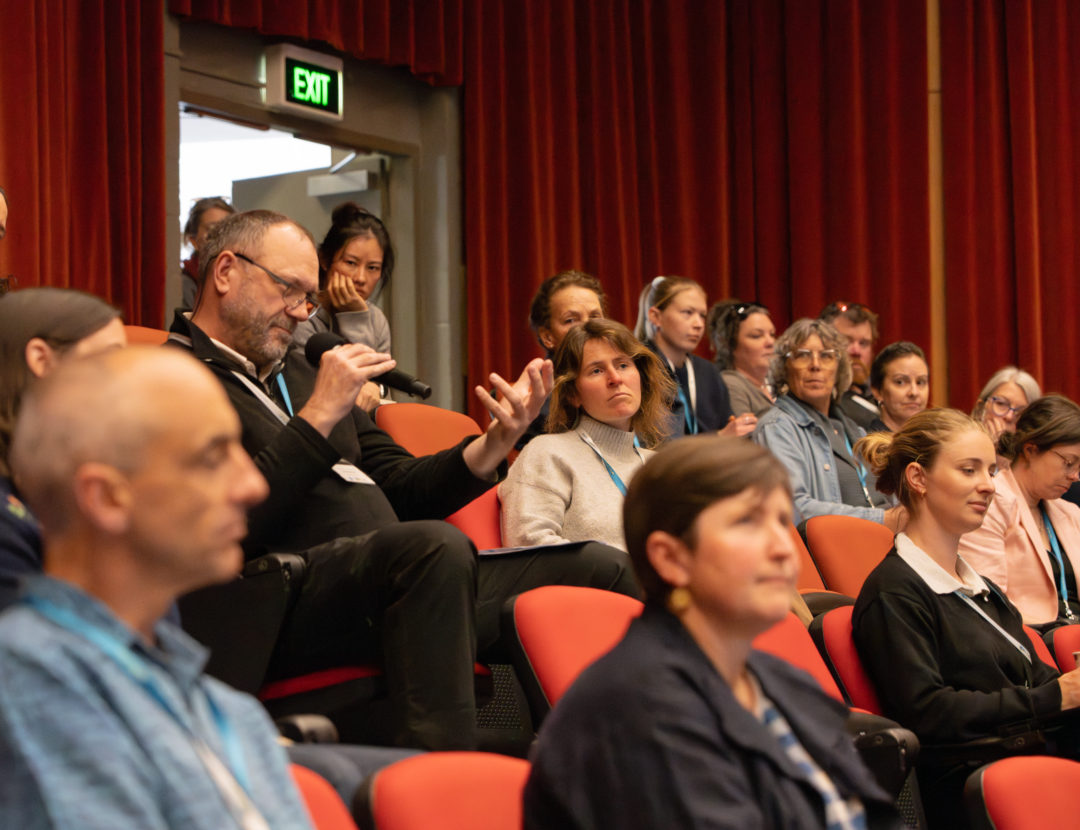
A huge congratulations to Dr Ben Arthur on receiving the Tasmanian STEM Communicator of the Year Award at this year’s Tasmanian STEM Excellence Awards. Ben received this award for “delivering creative STEM storytelling from the classroom to the boardroom to engage people across Australia on a wide range of marine issues”.
Ben became a CMS member earlier this year, and is also member of the Tasmanian Marine Science Engagement and Extension Group that is hosted by CMS.
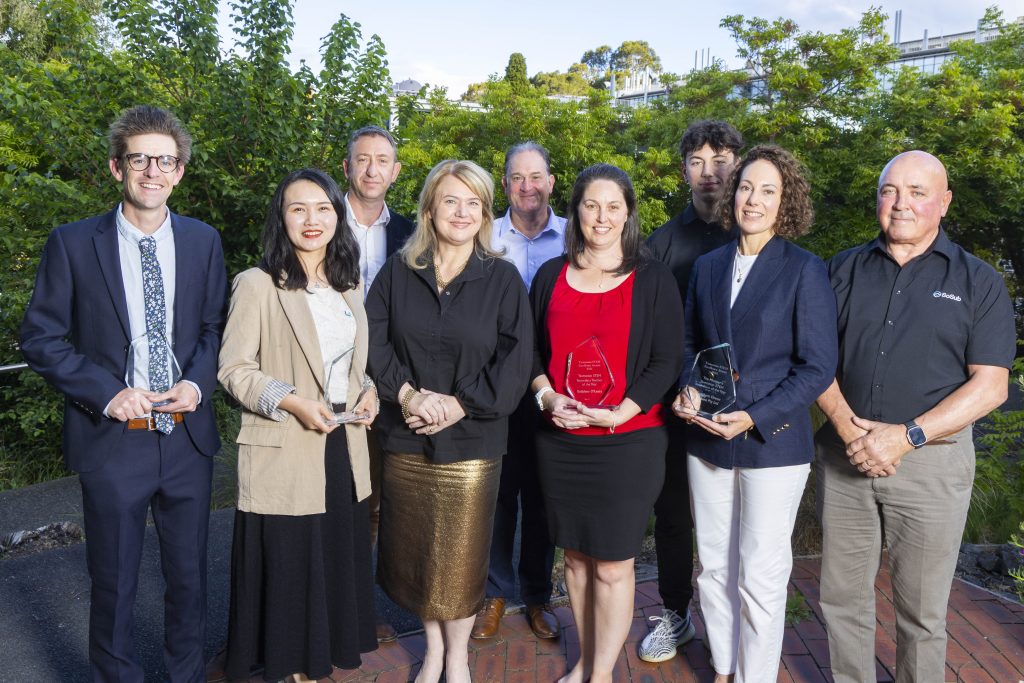
CMS Director Prof Gretta Pecl (AM) recently had a Q&A session with the Marine Stewardship Council (MSC), during Seafood Directions 2024 in Tasmania.
Prof Gretta Pecl discusses her career and mentors, as well as topics like climate change, food security, and protecting marine ecosystems. Gretta highlights the need for adaptive marine management and reflects on the emotional challenges of climate work and the hope she draws from younger generations advocating for change.
Check out the interview here:
MSC Blog post: In conversation with Professor Gretta Pecl AM | Marine Stewardship Council (msc.org)
MSC Fresh Catch Newsletter (Oceania): Oceania Fresh Catch Newsletter (mailchi.mp)
MSC video interview: https://youtu.be/DBsuI0fZEwM
CMS Director Prof Gretta Pecl recently received her medal for her appointment as a Member of the Order of Australia (AM), as part of the King’s Birthday 2024 Honours List.
The Investiture Ceremony was held at the Tasmanian Government House in September 2024, with Her Excellency the Honourable Barbara Baker (AC) awarding the medals.
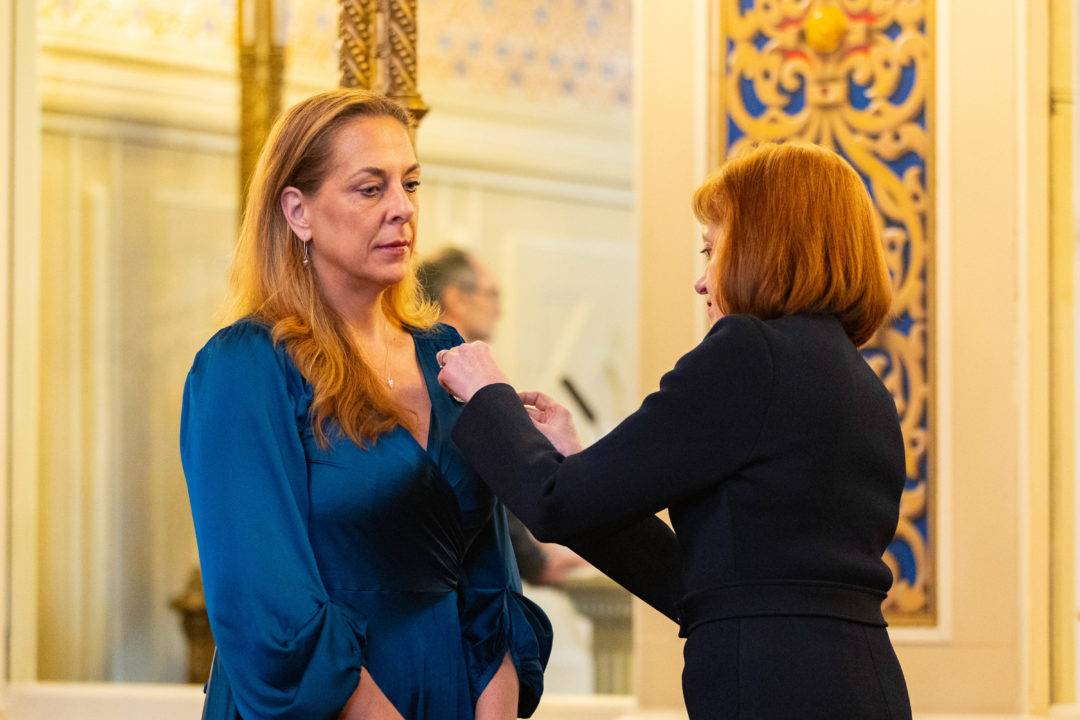
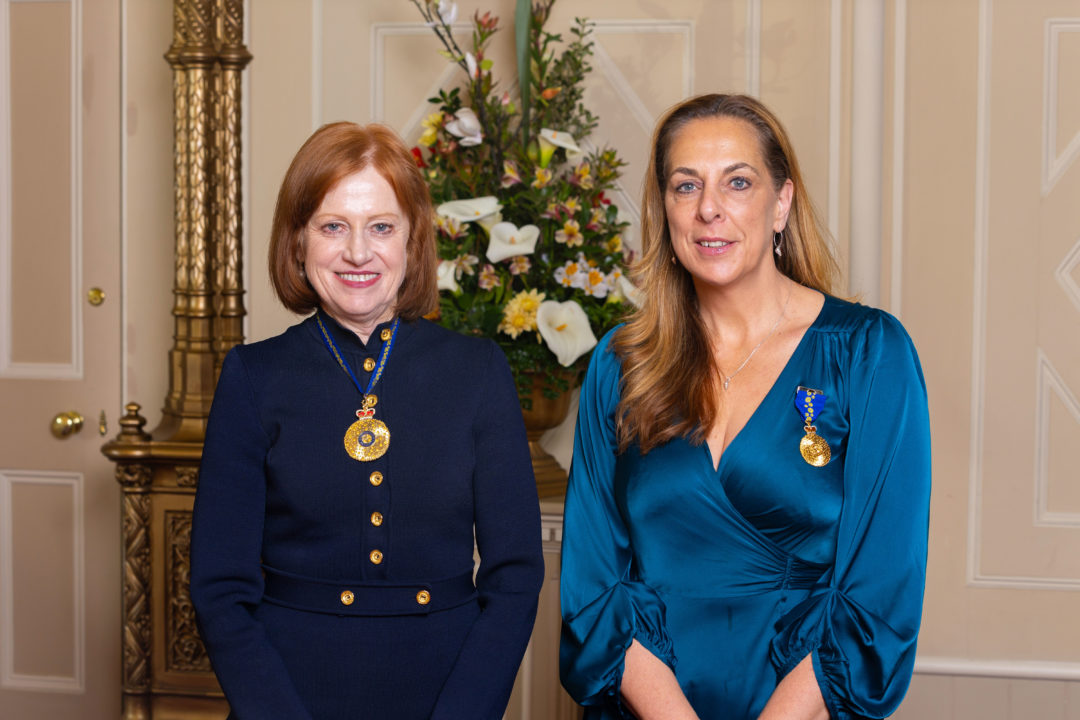
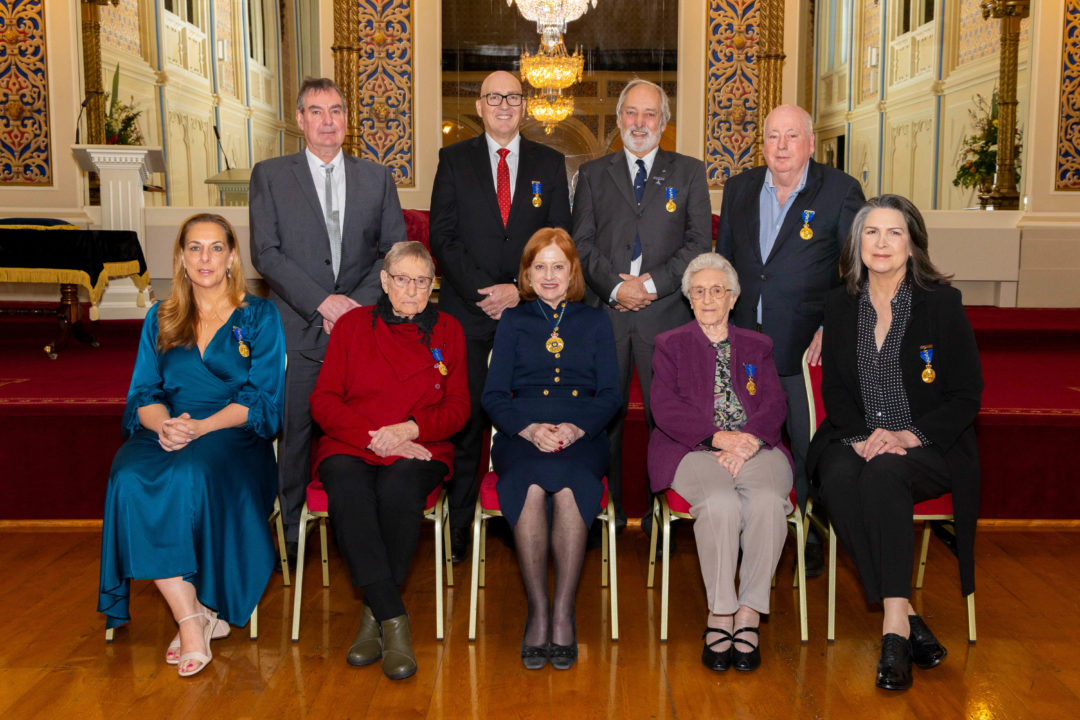
Chris Sharples (University of Tasmania) provides insights on the topic of ‘Why is sea level rising and how is Tasmania affected?’.
This footage was shot at live public forums for the Curious Climate Tasmania project held across Tasmania in August 2019 as part of Australian National Science Week.
Curious Climate was initiated by a group of scientists & journalists that wanted to know what the Tasmanian public were curious about in terms of climate change. This series of presentations cover the most popular questions submitted by the Tasmanian public, in response to a call out for questions from ABC Radio, and aim to bridge the gap between experts and audiences with credible, relevant information about climate change.
For more information please visit https://curiousclimate.org.au/ This project was delivered in partnership with the Centre for Marine Socioecology, ABC Radio Hobart, Institute for Marine and Antarctic Studies, University of Tasmania, CSIRO, Tasmanian Institute of Agriculture. Funding was provided by National Science Week and the Tasmanian Government, through the Tasmanian Climate Change Office.
Professor Gretta Pecl (University of Tasmania, Institute of Marine and Antarctic Studies, Centre for Marine Socioecology) provides insights on the topic of ‘Why does 1 or 2 degrees make so much difference for species?’.
This footage was shot at live public forums for the Curious Climate Tasmania project held across Tasmania in August 2019 as part of Australian National Science Week.
Curious Climate was initiated by a group of scientists & journalists that wanted to know what the Tasmanian public were curious about in terms of climate change. This series of presentations cover the most popular questions submitted by the Tasmanian public, in response to a call out for questions from ABC Radio, and aim to bridge the gap between experts and audiences with credible, relevant information about climate change.
For more information please visit https://curiousclimate.org.au/ This project was delivered in partnership with the Centre for Marine Socioecology, ABC Radio Hobart, Institute for Marine and Antarctic Studies, University of Tasmania, CSIRO, Tasmanian Institute of Agriculture. Funding was provided by National Science Week and the Tasmanian Government, through the Tasmanian Climate Change Office.
Clara R. Vives (University of Tasmania, Institute of Marine and Antarctic Studies) provides insights on the topic of ‘What technology and methods can suck carbon back out of the atmosphere?’.
This footage was shot at live public forums for the Curious Climate Tasmania project held across Tasmania in August 2019 as part of Australian National Science Week.
Curious Climate was initiated by a group of scientists & journalists that wanted to know what the Tasmanian public were curious about in terms of climate change. This series of presentations cover the most popular questions submitted by the Tasmanian public, in response to a call out for questions from ABC Radio, and aim to bridge the gap between experts and audiences with credible, relevant information about climate change.
For more information please visit https://curiousclimate.org.au/ This project was delivered in partnership with the Centre for Marine Socioecology, ABC Radio Hobart, Institute for Marine and Antarctic Studies, University of Tasmania, CSIRO, Tasmanian Institute of Agriculture. Funding was provided by National Science Week and the Tasmanian Government, through the Tasmanian Climate Change Office.
Clara R. Vives (University of Tasmania, Institute of Marine and Antarctic Studies) provides insights on the topic of ‘What role does deforestation play in climate change?’.
This footage was shot at live public forums for the Curious Climate Tasmania project held across Tasmania in August 2019 as part of Australian National Science Week.
Curious Climate was initiated by a group of scientists & journalists that wanted to know what the Tasmanian public were curious about in terms of climate change. This series of presentations cover the most popular questions submitted by the Tasmanian public, in response to a call out for questions from ABC Radio, and aim to bridge the gap between experts and audiences with credible, relevant information about climate change.
For more information please visit https://curiousclimate.org.au/ This project was delivered in partnership with the Centre for Marine Socioecology, ABC Radio Hobart, Institute for Marine and Antarctic Studies, University of Tasmania, CSIRO, Tasmanian Institute of Agriculture. Funding was provided by National Science Week and the Tasmanian Government, through the Tasmanian Climate Change Office.
Dr Stuart Corney (University of Tasmania, Institute of Marine and Antarctic Studies) provides insights on the topic of ‘What role can renewables play in powering the world?’.
This footage was shot at live public forums for the Curious Climate Tasmania project held across Tasmania in August 2019 as part of Australian National Science Week.
Curious Climate was initiated by a group of scientists & journalists that wanted to know what the Tasmanian public were curious about in terms of climate change. This series of presentations cover the most popular questions submitted by the Tasmanian public, in response to a call out for questions from ABC Radio, and aim to bridge the gap between experts and audiences with credible, relevant information about climate change.
For more information please visit https://curiousclimate.org.au/ This project was delivered in partnership with the Centre for Marine Socioecology, ABC Radio Hobart, Institute for Marine and Antarctic Studies, University of Tasmania, CSIRO, Tasmanian Institute of Agriculture. Funding was provided by National Science Week and the Tasmanian Government, through the Tasmanian Climate Change Office.
Dr Peat Leith (University of Tasmania, Tasmanian Institute of Agriculture) provides insights on the topic of ‘What can we do about climate change?’.
This footage was shot at live public forums for the Curious Climate Tasmania project held across Tasmania in August 2019 as part of Australian National Science Week.
Curious Climate was initiated by a group of scientists & journalists that wanted to know what the Tasmanian public were curious about in terms of climate change. This series of presentations cover the most popular questions submitted by the Tasmanian public, in response to a call out for questions from ABC Radio, and aim to bridge the gap between experts and audiences with credible, relevant information about climate change.
For more information please visit https://curiousclimate.org.au/ This project was delivered in partnership with the Centre for Marine Socioecology, ABC Radio Hobart, Institute for Marine and Antarctic Studies, University of Tasmania, CSIRO, Tasmanian Institute of Agriculture. Funding was provided by National Science Week and the Tasmanian Government, through the Tasmanian Climate Change Office.